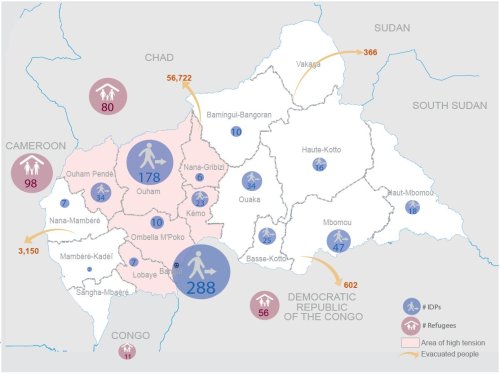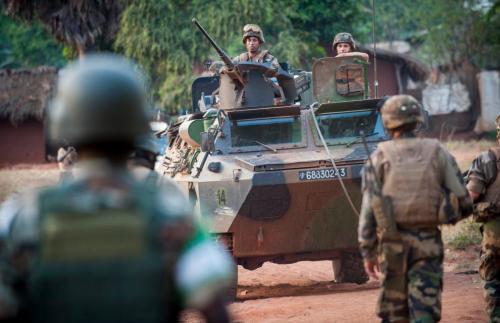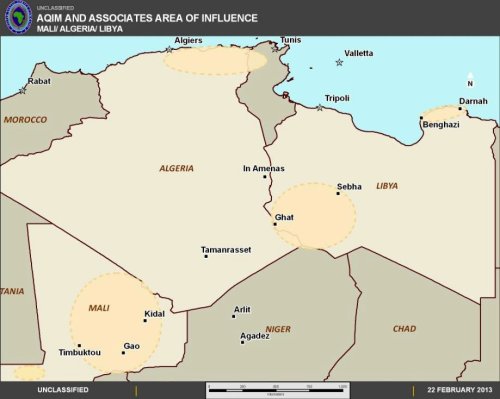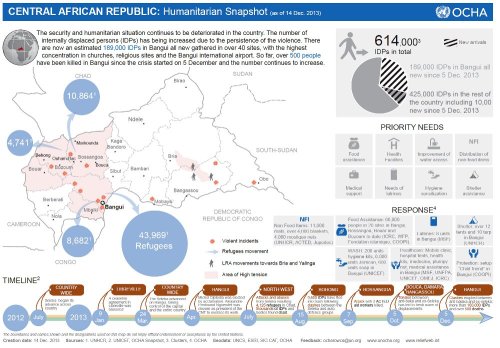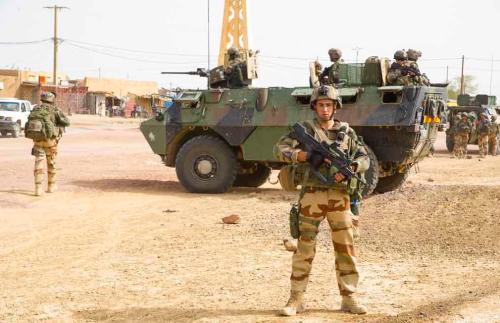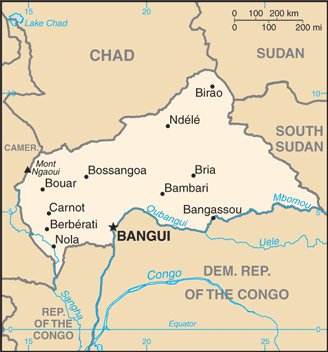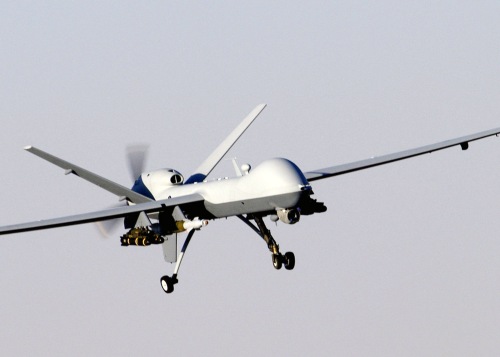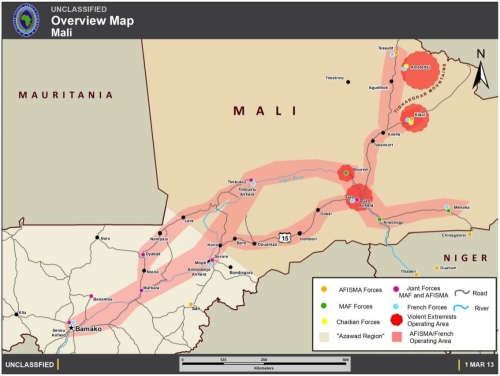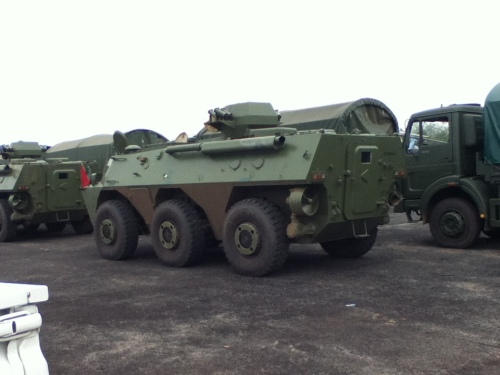This year’s annual Phoenix Express maritime security exercise has kicked off in Greece. Naval forces from Algeria, Croatia, Greece, Italy, Libya, Malta, Morocco, Tunisia, Turkey, and the United States are currently conducting the in-port portion of the exercise at the NATO Maritime Interdiction Operational Training Centre (NMIOTC) on Souda Naval Base, near the city of Chania.
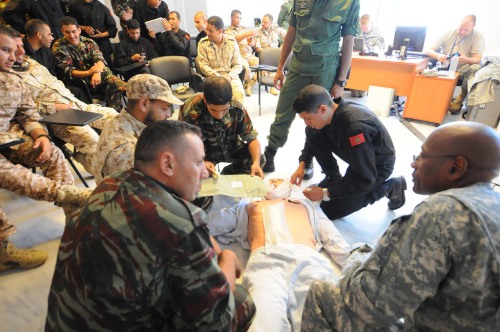
Moroccan and Libyan personnel conduct medical training with the US military at the NATO Maritime Interdiction Operational Training Centre in Greece during Phoenix Express 14.
Six of the ten participants this year are European nations, if one includes Malta. The island nation is a member of the European Union, but is just over 200 miles from Libya and less than 200 miles from Tunisia. Phoenix Express’ focus on the Mediterranean Sea means that European nations regularly outnumber African participants in the exercise. There are only five African nations on the Sea compared to more than twice as many European nations.
However, European participation also highlights how important African security is to the bigger picture in the region, especially with regards to drug trafficking and illegal immigration. The continuing instability in Libya is particularly worrisome for nations in Southern Europe. France, Italy, and Greece have repeatedly sparred over how best to tackle the issue. As already mentioned, Greece is hosting the in-port phase of the exercise. The at-sea phase, scheduled to begin on May 24th, will be coordinated from a Combined Maritime Operations Center in Sigonella, Italy. France, who is currently engaged in a number of interventions in Africa, is conspicuously absent from this year’s exercise despite having participated in the past.
As usual, this year’s Phoenix Express exercise will focus on maritime interdiction operations (MIO) training. The training events in-port will include helicopter operations and safety, damage control and firefighting, deck seamanship, navigation, search and rescue (SAR), and small boat training. The underway component at sea will focus on further enhancing interoperability. Medical training will also be provided. The exercise is scheduled to wrap up on June 2nd.
Phoenix Express 14 will mark the eighth iteration of the exercise, which began in 2005 as a US European Command event run by US Naval Forces Europe (NAVFOREUR). After the creation of US Africa Command (AFRICOM) in 2008, the exercise changed hands and is now run by US Naval Forces Africa (NAVFORAF). The commander of NAVFORAF is dual-hatted as the commander of NAVFOREUR, making the change in responsibility in this case almost entirely administrative.
